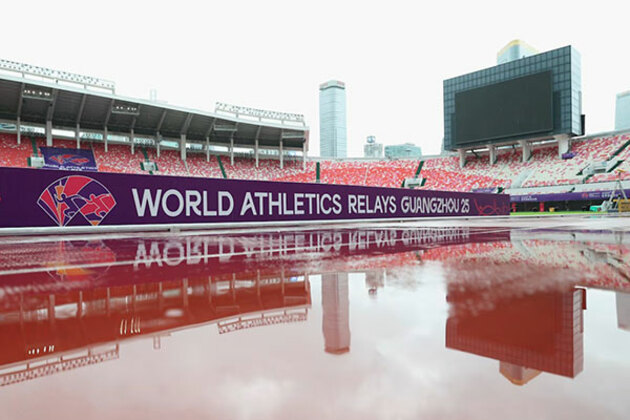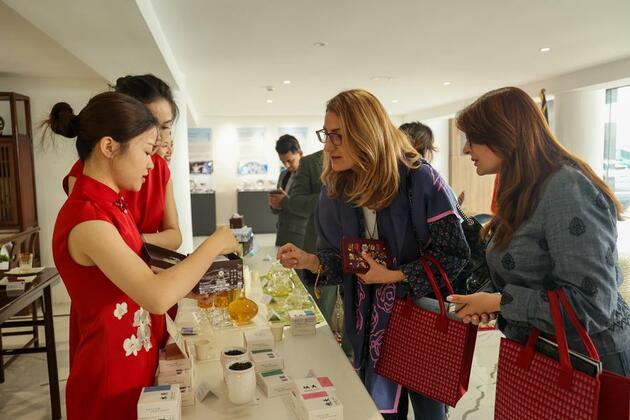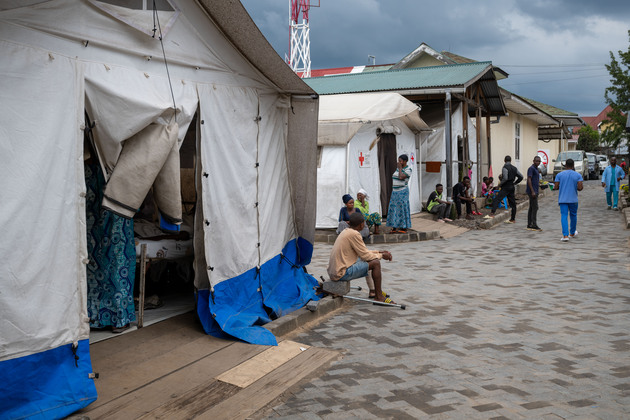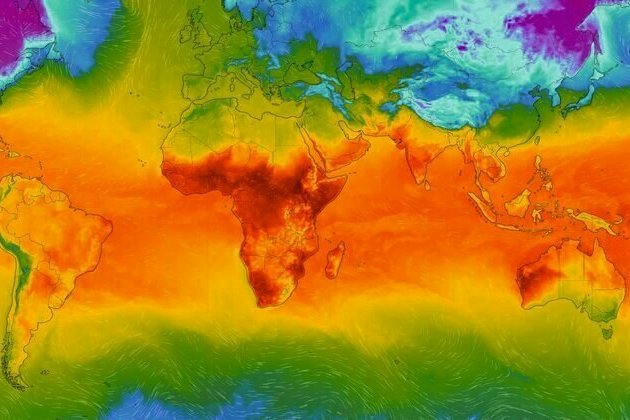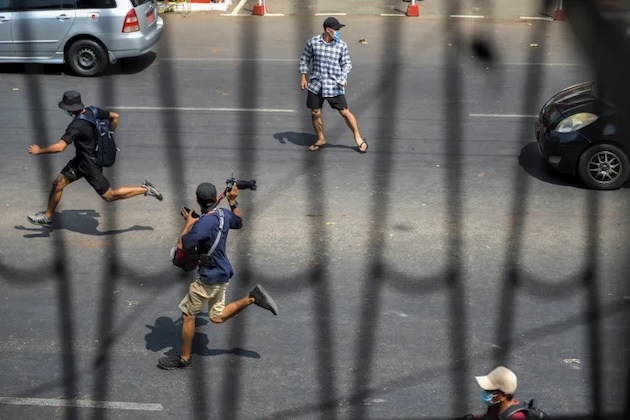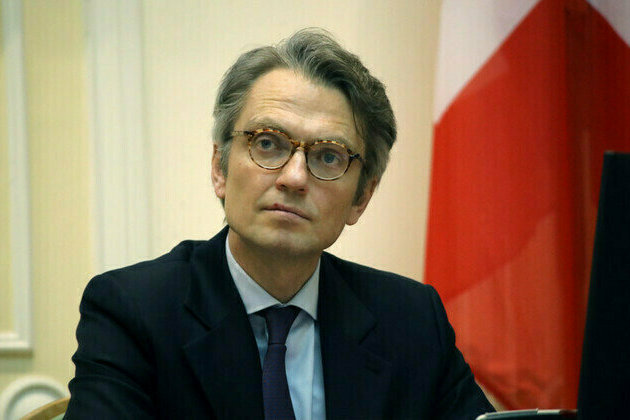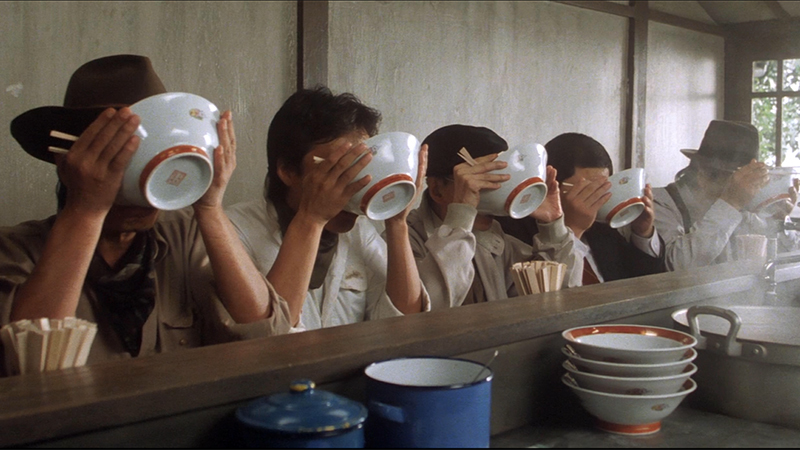Column: When rhetoric fails action: A reflection on the latest human rights council session
Xinhua
11 May 2025, 15:15 GMT+10
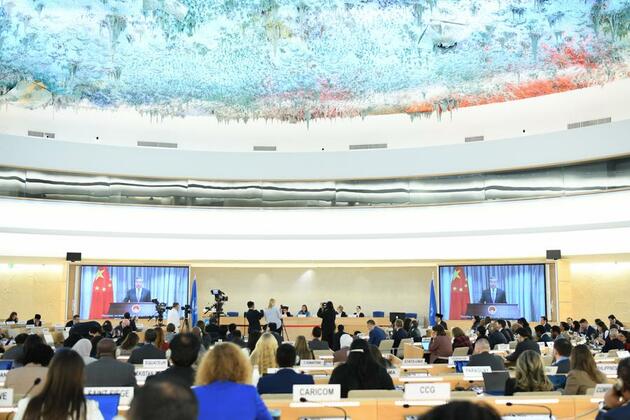
What the world needs is not political posturing, but constructive dialogue and meaningful action concerning the genuine promotion and protection of human rights.
by Yi Xin
The recently concluded 58th session of the UN Human Rights Council in Geneva once again shone a spotlight on the complex and often contentious landscape of global human rights governance.
While the council remains a vital platform for promoting and protecting human rights, its work is not without challenges. Western nations, in particular, have been guilty of instrumentalizing human rights to advance their geopolitical agenda while conveniently ignoring their own checkered human rights records. This hypocrisy hinders the genuine promotion and protection of human rights worldwide.
During the session, Western delegates were quick to criticize some developing countries, accusing them of human rights violations. Yet, they turned a blind eye to the severe human rights crises within their own borders.
In some Western countries, immigrants and refugees are facing deplorable living conditions, with overcrowded detention centers and inadequate access to healthcare and education. Racial profiling and police brutality against minority groups continue to plague societies, sparking widespread social unrest. These issues, well-documented in various human rights reports, are often downplayed by Western governments.
Such a selective approach raises a critical question: When hypocritical sermons drown out tangible progress, how can human rights be truly protected?
After all, what the world needs is not political posturing, but constructive dialogue and meaningful action.
The West's flawed approach to human rights can be attributed to some deep-seated issues. Firstly, taking human rights as a tool of ideological hegemony. By defining human rights in a narrow and Western-centric manner, these nations seek to impose their values and governance models on others. This approach disregards the diverse cultural, social and economic contexts of different countries, marginalizing non-Western perspectives.
Secondly, discrediting non-Western governance models with flawed metrics. Western nations often rely on selective indicators and biased assessments to criticize other countries. These metrics fail to account for the complex challenges facing developing countries and ignore their progress in improving livelihoods. By doing so, the West aims to undermine the legitimacy of non-Western governments and assert dominance in the global human rights discourse.
In contrast, Global South countries have been working diligently to depoliticize the council and promote a more inclusive human rights agenda. They emphasize the importance of economic, social and cultural rights as well as the right to development.
Take the African Continental Free Trade Area. It is a significant initiative that boosts intra-African trade and economic integration. By creating more opportunities for growth, it helps to lift millions out of poverty, improving access to basic rights like food, housing and healthcare.
Global South countries have also been at the forefront of addressing common challenges. Countries like China and Cuba have been sending medical teams to assist those in need worldwide for decades, treating hundreds of millions of patients.
More than 100 countries and over 20 international organizations, including the United Nations, have actively supported and participated in the Global Development Initiative (GDI), and over 80 countries have joined the Group of Friends of the GDI, strengthening development synergy, capacity building and win-win cooperation.
In the aftermath of the catastrophic earthquake that struck Myanmar earlier this year, neighboring countries swiftly dispatched relief aid and rescue teams, demonstrating the power of unity. In a word, Global South countries are working in solidarity to address real challenges in people's livelihoods.
China's people-centered approach offers valuable insights. Over the past decades, China has lifted over 800 million people out of poverty through sustained economic growth and targeted poverty alleviation programs. This achievement has significantly improved living standards and provided greater access to education and healthcare. The country's consistent focus on improving social security and accessibility for the elderly ensures their comfort, convenience and dignity. The Beijing Declaration and Platform for Action, adopted 30 years ago, continues to shine in the annals of gender equality and women's empowerment, as China will host the Global Summit of Women again in the second half of this year.
China's emphasis on the collective rights to subsistence and development reflects its understanding that human rights are not just about individual freedom but also about the well-being of communities and societies as a whole, and its vision that people of all countries share the same future.
While the council faces significant challenges, it remains a crucial platform for addressing human rights issues globally. The international community must work together to strengthen the council's effectiveness and credibility. This requires the West to genuinely reconcile its moral posturing with the record of violence and neglect.
Only by centering on the needs of the marginalized, rather than the interests of the powerful, can human rights transcend performative symbolism and become a force for positive change.
It is time for the international community to work collectively and foster an environment of cooperation and dialogue, ensuring that all voices are heard and that actions align with the ideals of promoting and protecting human rights for all.
Editor's note: Yi Xin is a Beijing-based observer of international affairs.
The views expressed in this article are those of the author and do not necessarily reflect those of Xinhua News Agency.
 Share
Share
 Tweet
Tweet
 Share
Share
 Flip
Flip
 Email
Email
Watch latest videos
Subscribe and Follow
Get a daily dose of Kenya Star news through our daily email, its complimentary and keeps you fully up to date with world and business news as well.
News RELEASES
Publish news of your business, community or sports group, personnel appointments, major event and more by submitting a news release to Kenya Star.
More InformationAfrica
SectionColumn: When rhetoric fails action: A reflection on the latest human rights council session
Chinese Foreign Minister Wang Yi, also a member of the Political Bureau of the Communist Party of China Central Committee, delivers...
Indian men's and mixed 4x400m teams fail to qualify for World Athletics Relays 2025
Guangzhou [China], May 11 (ANI): The Indian men's team as well as the mixed 4x400m team failed to qualify for the finals in their respective...
Letter from Mideast: Chinese enterprises power Morocco's auto, green energy boom
People learn about tea products from China's Jiangxi Province at Tea for Harmony: Yaji Cultural Salon, in Rabat, Morocco, May 9, 2025.(Xinhua/Huo...
DR CONGO-GOMA-NDOSHO HOSPITAL-CONFLICT
(250511) -- GOMA, May 11, 2025 (Xinhua) -- This photo taken on May 10, 2025 shows a scene inside Ndosho Hospital in Goma, the Democratic...
Heat extremes in southern Africa might continue even if net-zero emissions are achieved
Human emissions of greenhouse gases have caused rapid global warming. This has made high-impact, heat extreme events around the globe...
Putin offers Ukraine direct talks without preconditions
The decision now rests with Kiev and its Western backers, the Russian president has said Russian President Vladimir Putin has offered...
World
SectionFather of Pope Leo XIV was lieutenant in U.S. Navy
Pope Leo XIV's father, Louis Marius Prevost, served in the U.S. Navy during World War II. Prevost Snr. was born on July 28, 1920,...
Multiple risks, few rewards ifor Myanmar's reporters
On a typical day, Mai Rupa travels through his native Shan State, in eastern Myanmar, documenting the impact of war. A video journalist...
UN Body Accuses Israel of Systematic Torture, Sexual Violence
AMMAN, Jordan - A United Nations investigative committee has accused Israel of inflicting unimaginable suffering on Palestinians under...
British female duo resumes 8,000-mile Pacific rowing challenge
LIMA, Peru: Two British women, Miriam Payne (25) and Jess Rowe (28) have restarted their bold journey to row 8,000 miles non-stop across...
Greece: Media Freedom in Crisis
(Athens, May 8, 2025) - Greece faces a media freedom crisis as a result of actions and failures by the Greek government, threatening...
Top Swedish official quits over explicit photo leak
Tobias Thyberg resigned as security adviser hours after images from a gay dating app were sent to the prime ministers office and news...

